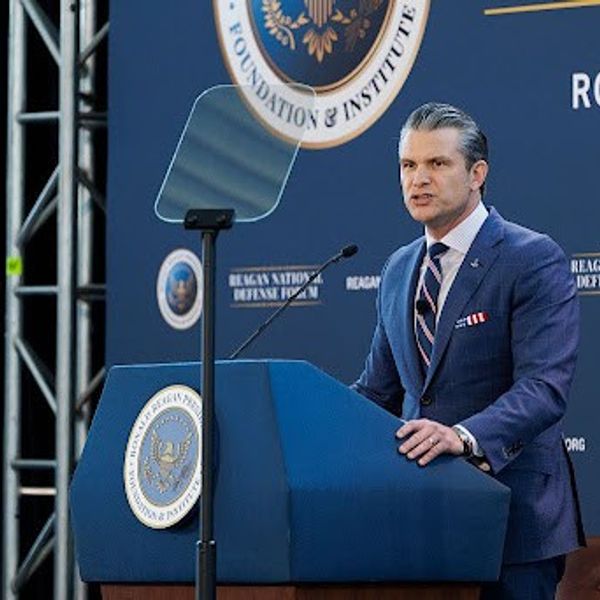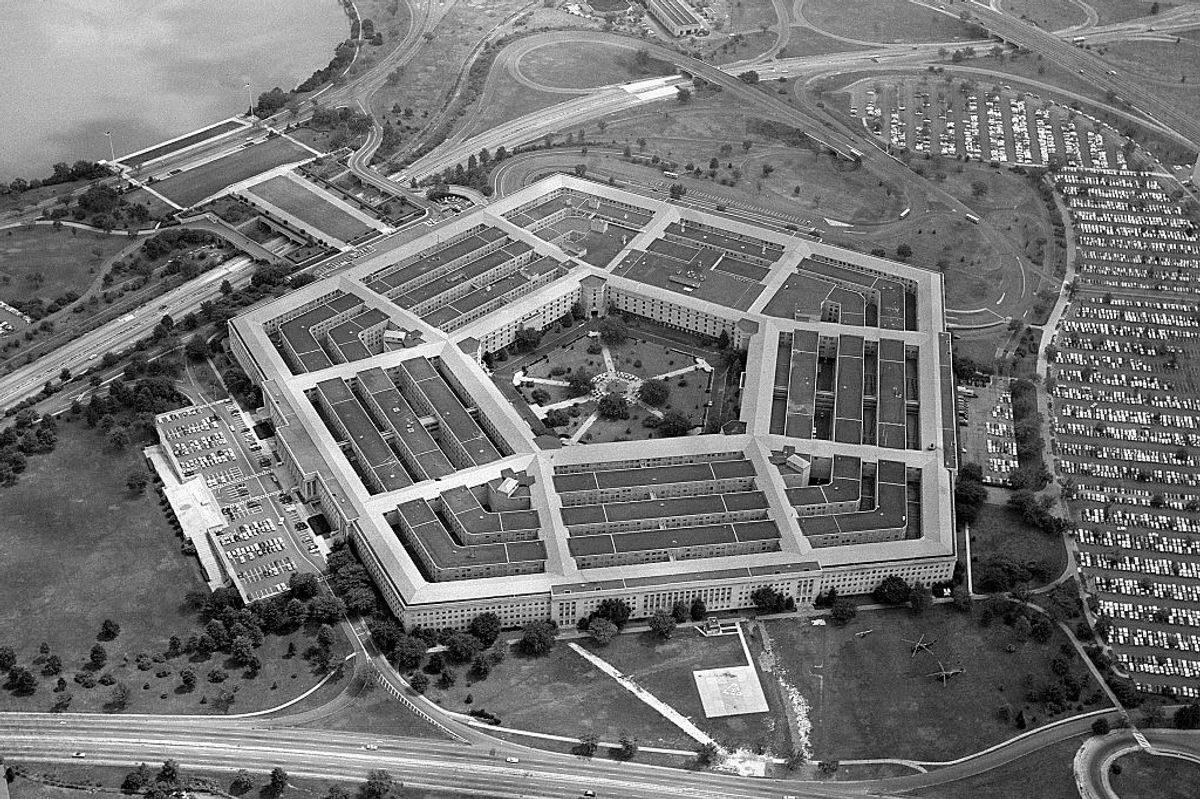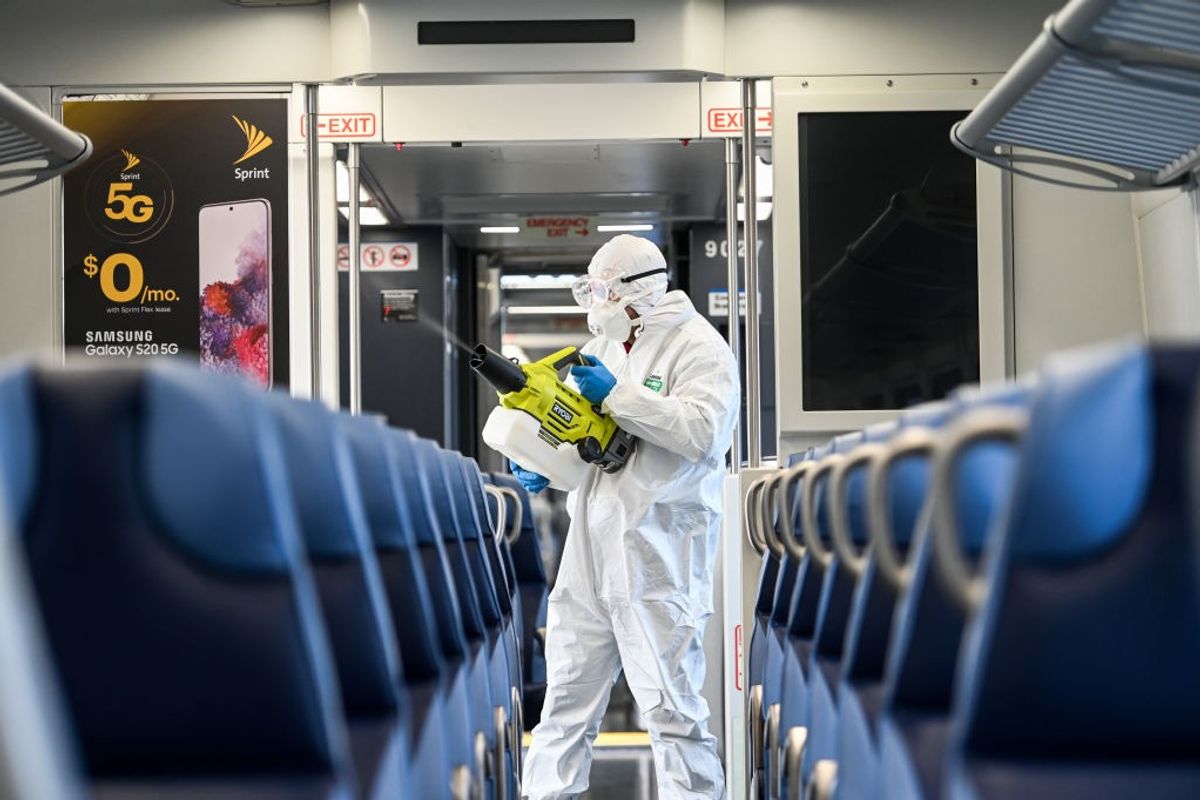OPINION — We live in an era of geopolitical uncertainty, our world order beset by disruptive leaders, unpredictability in time-honored military and trade alliances, and the persistence of warfare – be it hot or cold, irregular or cyber, guerrilla or terror – all across our fragile globe. The ability of our country to navigate these complex global challenges requires many things, not the least of which is a new generation of exceptional and talented Americans with the training, knowledge and intellectual agility to assess the reality of our troubled world. This is especially true now, with so many of our diplomatic and national security professionals retiring or being forced out of their critical positions. This is hardly the time to shrug off our commitment to educating the future guardians of America’s security.
Our adversaries understand what is at stake. They are doubling down on strategic education with increased resources and expanded opportunities, along with identifying and developing promising young talent. To do otherwise, as some of our colleges and universities are now considering, is “penny wise and pound foolish,” as Benjamin Franklin is credited with saying. Indeed, to truly understand what a nation values, look to how it spends its dollar or pound or euro or yuan or ruble. Surely, we in the United States should not shortchange our investment in diplomacy and national security education in such unpredictable and dangerous times. Stepping back now will have an adverse impact on our nation’s long-term security, both home and abroad, and cast a shadow on the example we intend to be to the world – “a shining city upon a hill.”
Everyone needs a good nightcap. Ours happens to come in the form of a M-F newsletter that provides the best way to unwind while staying up to speed on national security. (And this Nightcap promises no hangover or weight gain.) Sign up today.
As the National Security Fellow at Seton Hall University’s School of Diplomacy and International Relations, I have worked closely with talented students and alumni in tackling some of the nation's most challenging policy issues, and the results have been transformative. Whether “Great Power Competition” or “Global Influence,” the challenging policy issues our students have waded into have, for them, closed the gap between the academic and the real world. The result? Equipping graduate students with the analytical tools, strategic foresight, and the theoretical skills to contribute meaningfully to national security and diplomacy policymaking. Moreover, it has provided them the practical skills that enable many to step immediately into professional networks, ready to contribute on Day One.
How is that possible? Our program is not confined to classrooms. It has engaged our students with numerous world leaders, from Ambassadors from around the world to the UN Secretary-General. This kind of interaction is priceless for aspiring diplomats and national security professionals. Our enemies understand this. So do some of our allies. But if universities and government agencies here in the United States fail to sustain such programs because they supposedly are not “cost efficient” (that is, not “penny wise”), the risk will be a vacuum of vital expertise at precisely the moment we need it most.
Other nations recognize this hard fact of our unsettled world. China, for example, has significantly expanded its security and diplomacy studies, aligning them with its broader geopolitical ambitions. The European Union, with Russia’s war against Ukraine raging on NATO’S border, has deepened its commitment to training future leaders in crisis management, conflict resolution, and cyber defense. If the U.S. continues its retreat from supporting these disciplines, we risk losing our competitive edge in global affairs – more than we already have – and making our country less safe.
The Cipher Brief Honors Dinner is on April 18th in Washington D.C. Apply now for your seat at the most glamorous spy dinner of the year. Find out more about this invite-only event at cipherbriefhonors.com
The U.S. can’t afford to waste any more time in reaffirming its commitment to diplomacy and national security studies. This means restoring funding for university partnerships, expanding scholarships, and fostering stronger relationships between academia and government agencies, national and international. It also requires recognizing and acknowledging that diplomacy and national security studies are something more than just a domestic policy – they are a strategic investment in our nation’s future.
Never before in our country’s history has there been a more pressing need for leaders who understand the intricacies of international relations, national security, and the nature of evolving global threats. Neglecting this pressing need will weaken our ability to shape world events, respond to crises, and defend our national interests.
Fortunately, the path forward is clear. But the question is: Are we foolishly “penny wise and pound foolish,” or are we courageous enough to commit wholeheartedly to America’s future and to our indispensable leadership in a world desperately in need of “a shining city upon on a hill”?
The Cipher Brief is committed to publishing a range of perspectives on national security issues submitted by deeply experienced national security professionals.
Opinions expressed are those of the author and do not represent the views or opinions of The Cipher Brief.
Have a perspective to share based on your experience in the national security field? Send it to Editor@thecipherbrief.com for publication consideration.
Read more expert-driven national security insights, perspective and analysis in The Cipher Brief














